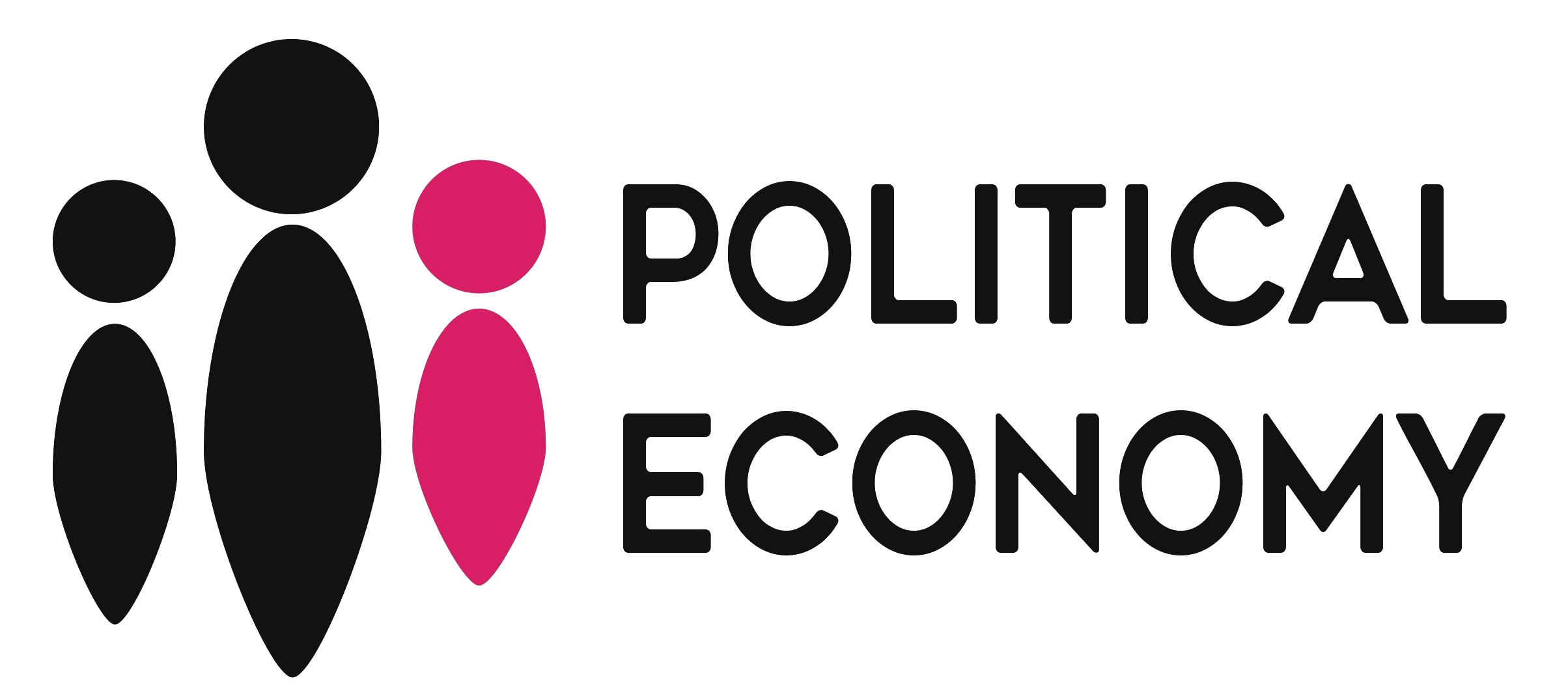Economics and Behavior
- Type: Lecture (V)
- Semester: WS 2021/2022
-
Time:
We 2021-10-20
16:00 - 17:30, weekly
We 2021-10-27
16:00 - 17:30, weekly
We 2021-11-03
16:00 - 17:30, weekly
We 2021-11-10
16:00 - 17:30, weekly
We 2021-11-17
16:00 - 17:30, weekly
We 2021-11-24
16:00 - 17:30, weekly
We 2021-12-01
16:00 - 17:30, weekly
We 2021-12-08
16:00 - 17:30, weekly
We 2021-12-15
16:00 - 17:30, weekly
We 2021-12-22
16:00 - 17:30, weekly
We 2022-01-12
16:00 - 17:30, weekly
We 2022-01-19
16:00 - 17:30, weekly
We 2022-01-26
16:00 - 17:30, weekly
We 2022-02-02
16:00 - 17:30, weekly
We 2022-02-09
16:00 - 17:30, weekly
-
Lecturer:
- SWS: 2
- Lv-No.: 2560137
- Information: Online
| Content | The course covers topics from behavioral economics with regard to contents and methods. In addition, the students gain insight into the design of economic experiments. Furthermore, the students will become acquainted with reading and critically evaluating current research papers in the field of behavioral economics. The students
The assessment consists of a written exam (60 minutes) (following §4(2), 1 of the examination regulation). The grade will be determined in a final written exam. Students can earn a bonus to the final grade by successfully participating in the exercises. The total workload for this course is approximately 135.0 hours. For further information see German version. The lecture will be held in English. Recommendations: Basic knowledge of microeconomics and statistics are recommended. A background in game theory is helpful, but not absolutely necessary. |
| Language of instruction | English |
| Bibliography | Kahnemann, Daniel: Thinking, Fast and Slow. Farrar, Straus and Giroux, 2011. Ariely, Dan: Predictably Irrational. New York: HarperCollins, 2008. Ariely, Dan: The Upside of Irrationality. New York: HarperCollins 2011. |

